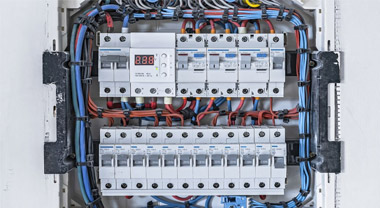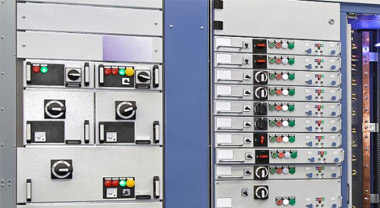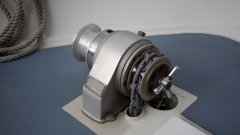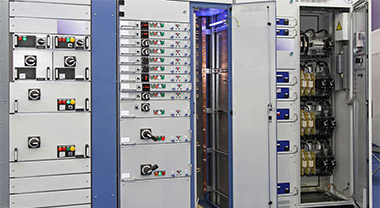What are the advantages of an MCCB over a MCB?
Molded Case Circuit Breakers (MCCB) and Miniature Circuit Breakers (MCB) are both types of electrical safety devices used to protect electrical circuits from overload and short circuit conditions. They may seem similar, but there are significant differences in their features and capabilities, making each of them suitable for specific applications. In this guide, we will delve into the advantages of an MCCB over an MCB.
Table of Contents
What is an MCCB?
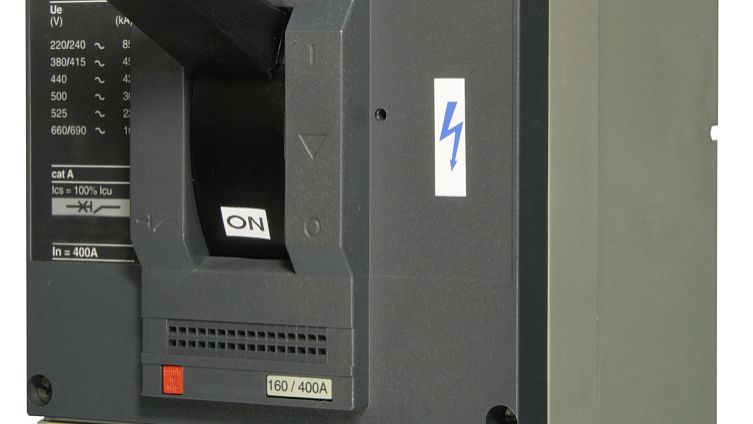
An MCCB is an electrical safety device used to protect electrical circuits from overload and short circuit conditions. It's designed for high current applications and often comes with adjustable trip characteristics, making it suitable for commercial and industrial applications.
What is an MCB?
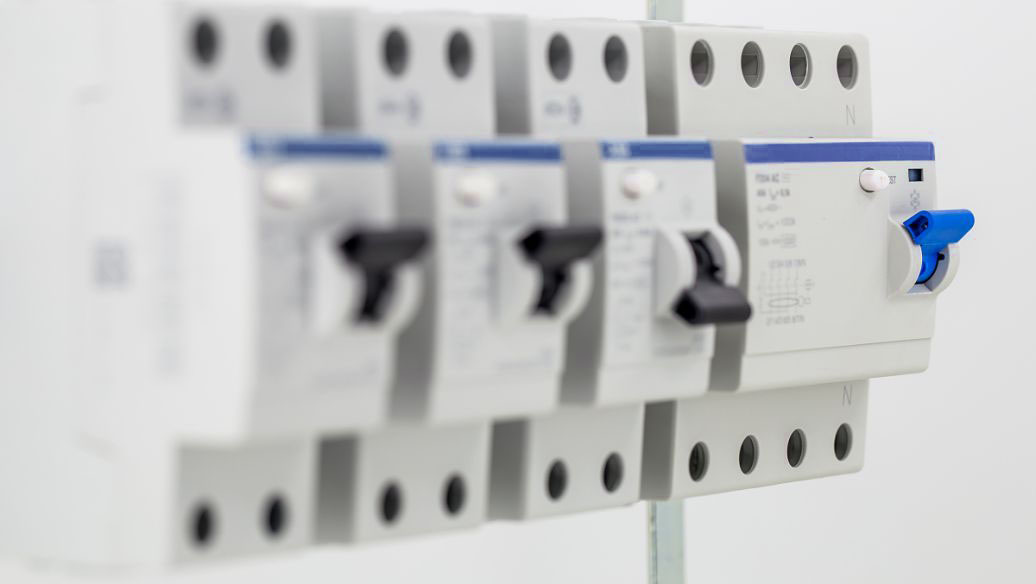
An MCB, on the other hand, is a type of circuit breaker designed to protect electrical circuits from overload and short circuit in low current applications, typically in residential and light commercial settings.
Advantages of an MCCB over an MCB
While both MCCBs and MCBs serve the fundamental purpose of circuit protection, there are several advantages that MCCBs offer over MCBs:
- Higher Current Rating: MCCBs are designed for higher current applications, typically from 10A up to 2500A. This makes them more suitable for commercial and industrial applications where larger electrical loads are common.
- Adjustable Trip Characteristics: Unlike MCBs, MCCBs often come with adjustable trip settings. This allows for fine-tuning of the protection characteristics to meet the needs of the specific application.
- Enhanced Protection Features: MCCBs can offer additional protection features, such as ground fault and equipment protection, which are typically not found in MCBs.
- Capability for Direct Application: In some designs, MCCBs can be used to start motors and switch capacitors directly, making them more versatile in industrial settings.
- Higher Breaking Capacity: MCCBs generally have a higher breaking capacity compared to MCBs, making them capable of safely interrupting higher fault currents.
Conclusion
Choosing between an MCCB and an MCB depends largely on the specific application and requirements of the electrical system. While MCBs are suitable for smaller, low-current applications, MCCBs provide several advantages for larger, more complex systems, including higher current ratings, adjustable trip characteristics, enhanced protection features, and higher breaking capacity. It's important to consider these factors to ensure the appropriate device is selected for effective and reliable circuit protection.

